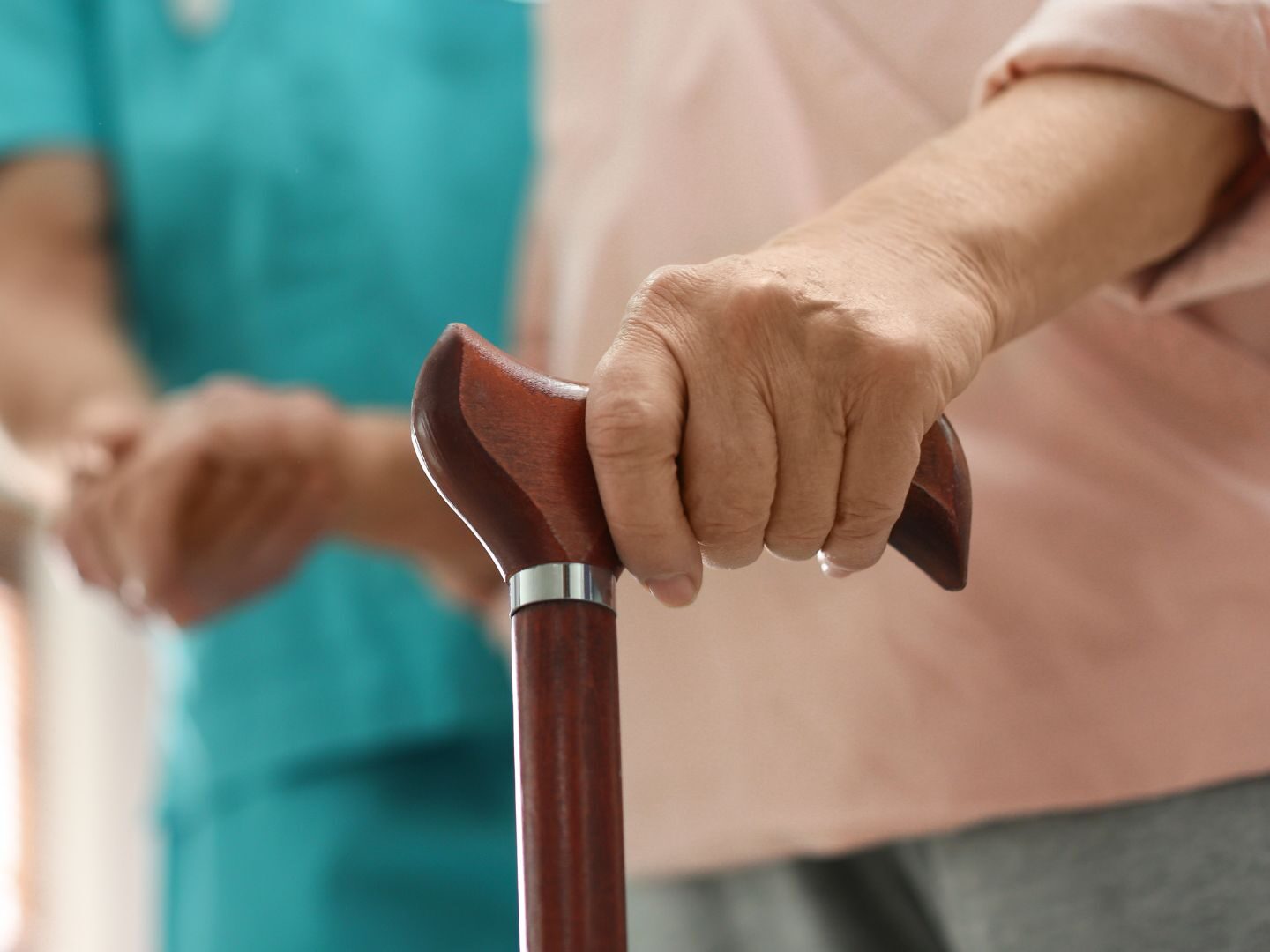BONE HEALTH
Guidelines and Resources
Osteoporosis is the leading cause of fractures in Ontarians aged 50 and above, with 57,000 osteoporotic fractures occurring every year in the province. The cost of acute and long-term care (LTC) for these fractures is estimated to be around $500 million. The Ministry of Health & Long-Term Care has funded the Ontario Osteoporosis Strategy for LTC, a program aimed at raising awareness about fracture prevention specifically in LTC. Since its implementation in 2005, the strategy has had a positive impact on prescribing patterns in Ontario LTC homes, with a notable 40% increase in vitamin D prescribing, which can reduce falls and fractures. Scroll to learn more about how to implement recommendations for fracture prevention in LTC.
Highlights
We are proud of our contributions to the health care system in advancing access to quality information, resources, and clinical support tools.

0
Video Impressions

0
Resources
0
Publications
0
Presentations
Osteoporosis Canada’s Recommendations for Preventing Fracture in Long-Term Care
Fracture Risk Assessment
Osteoporosis LTC Recommendations
Identifying those at high risk of fracture is important to avoid the devastating consequences of bone disease. Knowing fracture risk will allow for appropriate intervention for both timely prevention and treatment.

Fracture Prevention Toolkit
Our team has created a variety of tools to increase awareness of fracture risk and to support the implementation of recommendations for fracture prevention in long-term care.

Calcium & Vit D
Osteoporosis LTC Recommendations
Calcium and vitamin D are an important component to maintaining bone health. People who have osteoporosis and/ or who are at high risk for fracture, should consume enough calcium and vitamin D through diet or supplements. If you are an older adult not sure about whether you need supplements, speak to your healthcare provider.

Exercise
OSTEOPOROSIS LTC RECOMMENDATIONS
Muscle strengthening exercises, combined with balance exercises, functional training, moderate or vigorous intensity physical activity, and good posture is important to preventing falls, fractures, and disability.

Multifactoral Interventions
Osteoporosis LTC Recommendations
Multifactorial interventions are any combination of interventions that are tailored to an individual’s risk to reduce falls. Interventions may include; medication reviews, assisted devices, exercise, management of urinary incontinence, and education.

Hip Protectors
Osteoporosis LTC Recommendations
Hip protectors are a special type of pant or underwear with pads outside each side of the hips, especially designed to protect the hips during a fall.

Pharmacological Therapy
Osteoporosis LTC Recommendations
Pharmacological interventions for those at high fracture risk are most important to building bone strength and preventing fractures. There are a number of effective therapies available to reduce the incidence of fractures in frail older adults.


